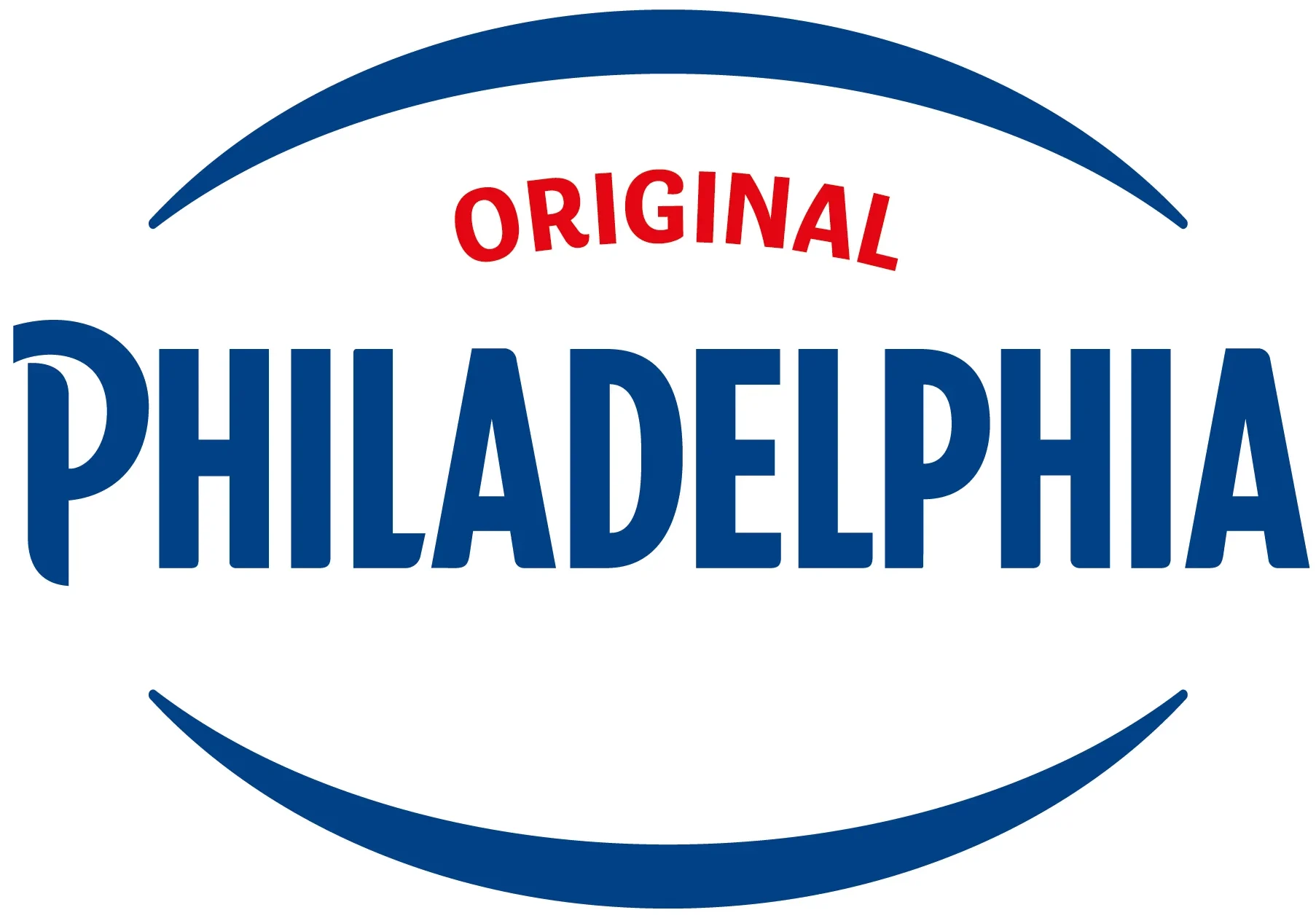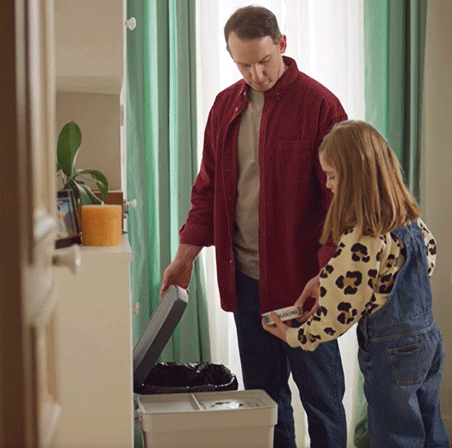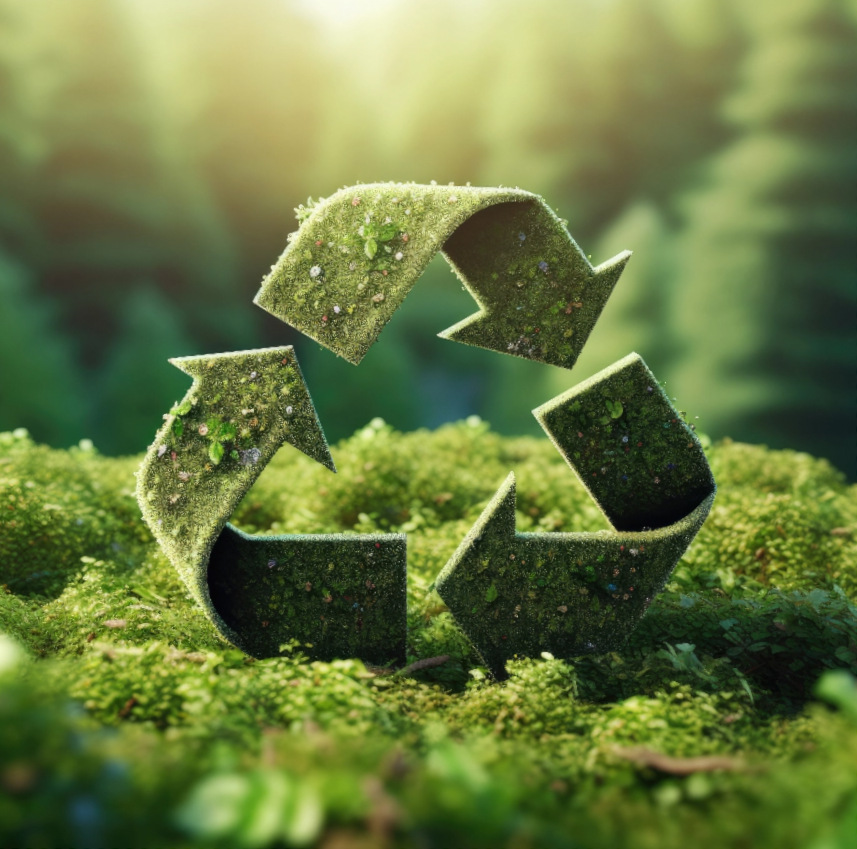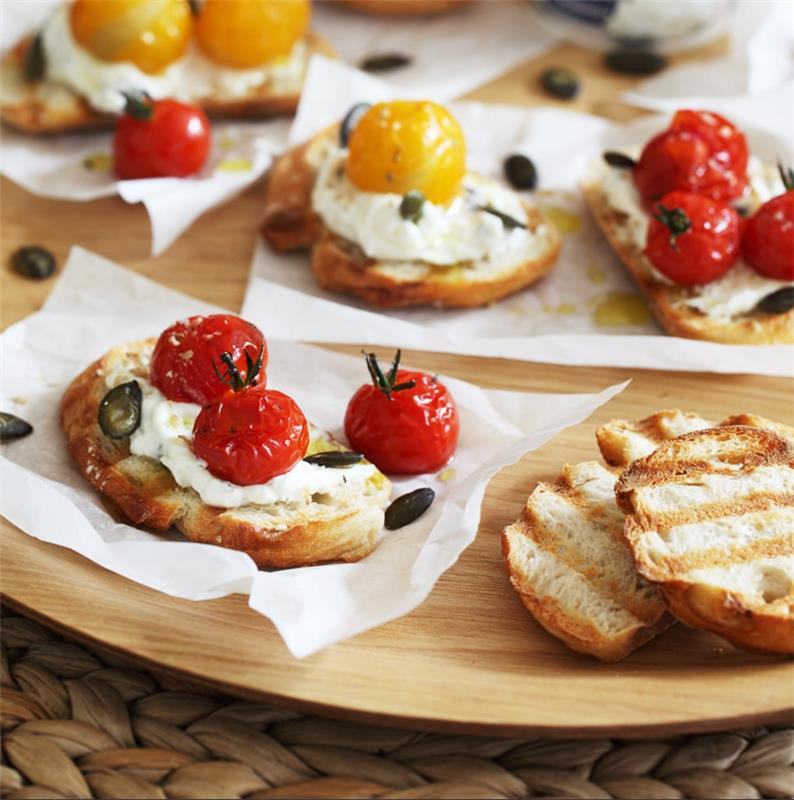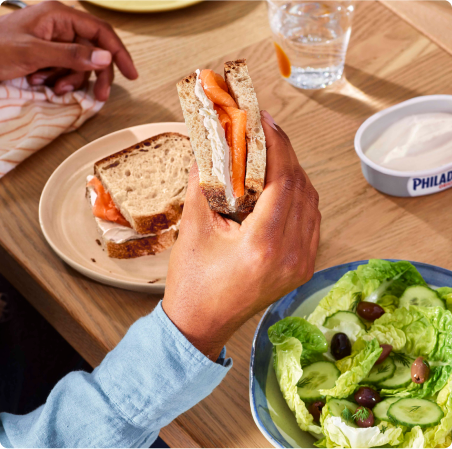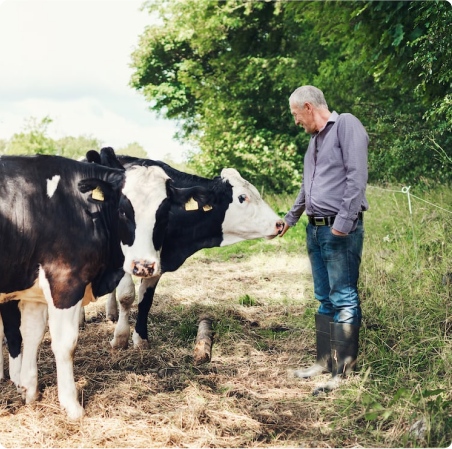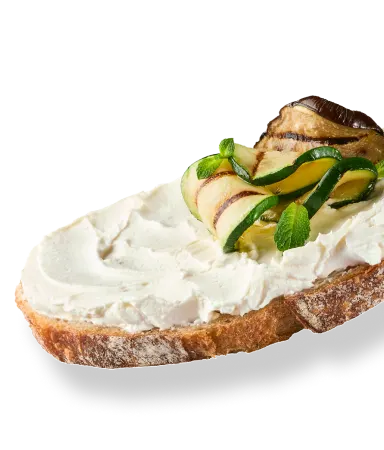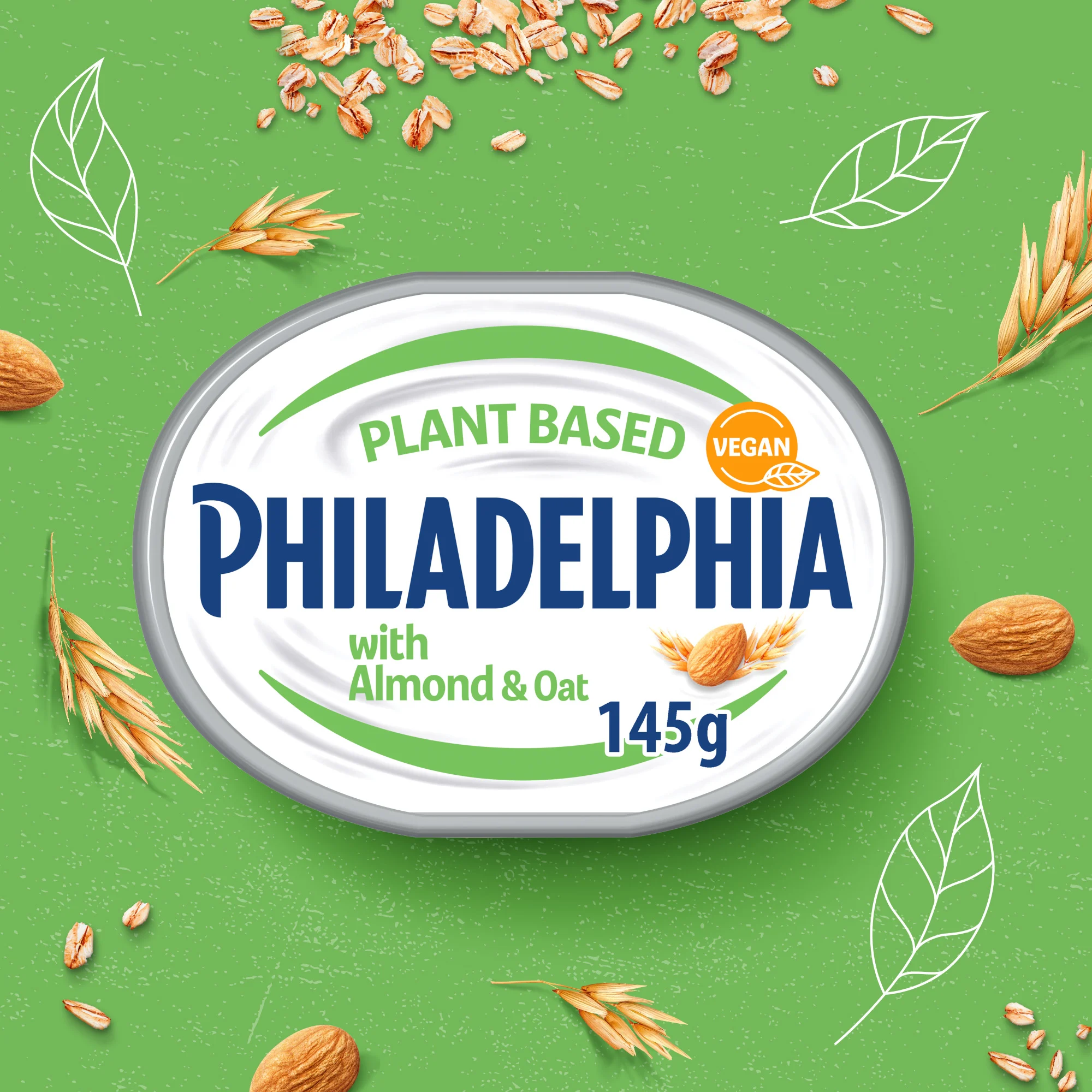
Friend to the Planet
Scroll on down to find out how we can leave fewer traces together.

How do we do it?
The mass balance approach

For the production of our packs, we’ve reduced the consumption of fossil plastics by using some bio-sourced plastics. The allocation of bio-sourced plastic is done through the called “mass balance approach”, consisting in mixing bio-sourced plastics with virgin fossil plastics, to deliver our Philadelphia tubs made with new plastic mix. The mass balance certification allows us to track the exact materials attribution within our packs, along the production value chain.

Fossil plastic


Bio plastic

Plastic mixed in our Philadelphia tubs supplier



 Philadelphia tubs made out of plastic mix sent to our factory
Philadelphia tubs made out of plastic mix sent to our factory Philadelphia tubs made out of plastic mix sent to our factory
Philadelphia tubs made out of plastic mix sent to our factory
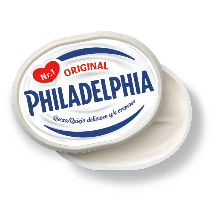
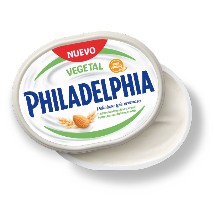
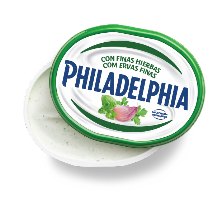
Philadelphia Supporting the bio-economy
We’re supporting the bio-economy when ensuring that 95 tons of bio-sourced plastic are incorporated into our supplier production streams. This is the same amount of plastics needed to distribute our recently launched Philadelphia Plant Based across Europe!* An indicative tag on-pack illustrates the usage of this bio-sourced resin and process validation by our external partner ISCC.

DESIGNED TO BE RECYCLABLE BIO SOURCED PLASTIC

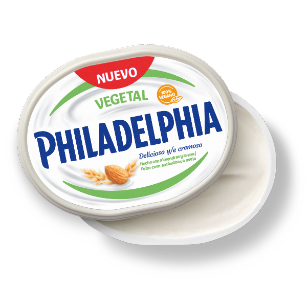

ISCC certified bio-based plastic allocated via the mass balance approach.

The International Sustainability and Carbon Certification (ISCC) is an independent multi-stakeholder initiative and a leading certification system supporting sustainable, fully traceable, deforestation-free and climate-friendly supply chains. With ISCC certification we contribute to environmentally, socially and economically sustainable production. More info in: https://www.iscc-system.org/*Min. 90% of tonnage needed for plant based production in Europe/year
